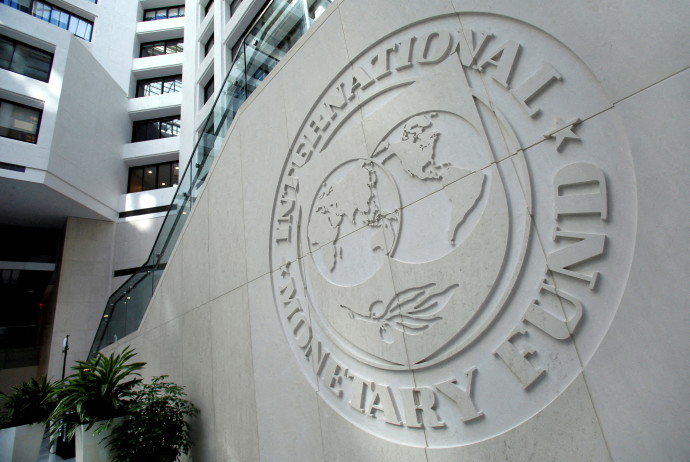After months of being on the verge of default, Russia is facing a dramatic moment in its economy following the financial battle that the US and others have waged against the Kremlin via sanctions over its invasion of Ukraine.
There is little sign that investors holding its international bonds had received payment, in what would be the nation's first default in over a century.
Just like companies, countries borrow loans from domestic and international creditors, the countries, in turn, issue bonds in exchange for the debt.
In case of insufficient liquid funds, a country like Russia could fail to pay back the principal amount as well as the interest amount of the loan to domestic or international creditors as well as organizations like the International Monetary Fund (IMF).
This is known as sovereign debt default.

A grace period of about $100 million of missed bond payments, currently blocked because of wide-ranging sanctions on Russia, ends on Sunday night.
There likely won’t be an official declaration, and Russia is already disputing the designation, accusing the West of trying to drive it into an artificial default.
Even so, if investors won't receive their payments by the Sunday night deadline, there will be an “event of default” on Monday morning, according to the bond documents.
For Russia, this default will be the first occurrence of such a financial catastrophe since the Bolshevik repudiation of Czarist-era debts in 1918, over 100 years ago.
Russia was very close to such a moment earlier this year, but, by switching payment methods as a last-ditch effort, managed to avoid it.
President Vladimir Putin signed a decree last Wednesday to launch temporary procedures and give the government 10 days to choose banks to handle payments under a new scheme, suggesting Russia will consider its debt obligations fulfilled when it pays bondholders in roubles.
That alternative payments method was subsequently shut off in May, just days before the $100 million was due, when the US Treasury Department's Office of Foreign Assets Control (OFAC) shut down a loophole in the sanctions against the country that had allowed American investors to receive sovereign bond payments.
"Since March we thought that a Russian default is probably inevitable, and the question was just when," Dennis Hranitzky, head of sovereign litigation at the law firm Quinn Emanuel, told Reuters. "OFAC has intervened to answer that question for us, and the default is now upon us."
"Since March we thought that a Russian default is probably inevitable, and the question was just when."
Quinn Emanuel
While a formal default would largely be symbolic considering Russia cannot borrow internationally at the moment due to sanctions, and thanks to a robust local rich oil and gas revenue don't particularly have to.
“A declaration of default is a symbolic event,” Takahide Kiuchi told Bloomberg, an economist at Nomura Research Institute in Tokyo.
“The Russian government has already lost the opportunity to issue dollar-denominated debt. Already as of now, Russia can’t borrow from most foreign countries.”
Now the question is what happens next, as markets are faced with the unique scenario of a defaulted borrower who has the willingness and resources to pay but can’t.
Reuters contributed to this report.
